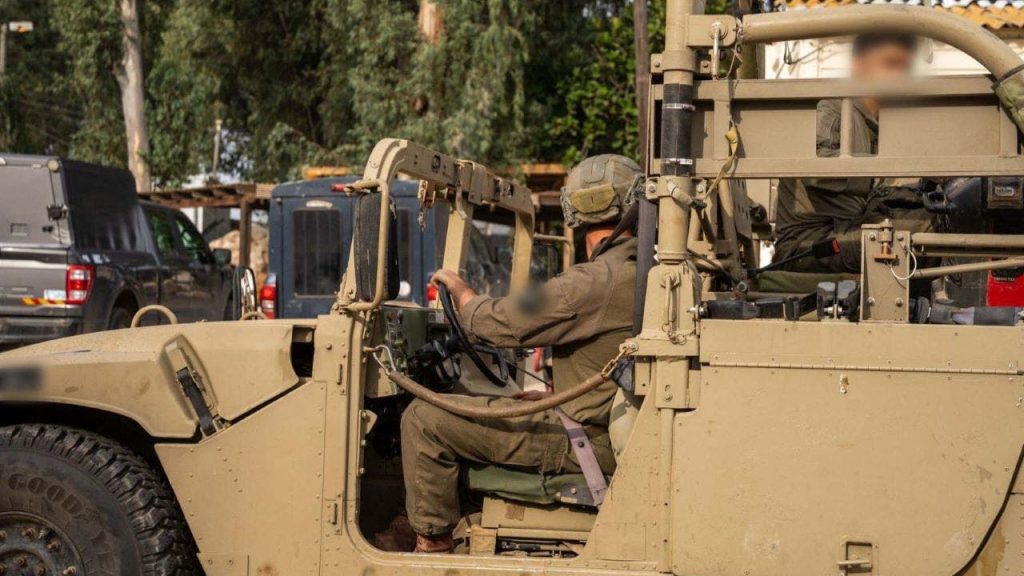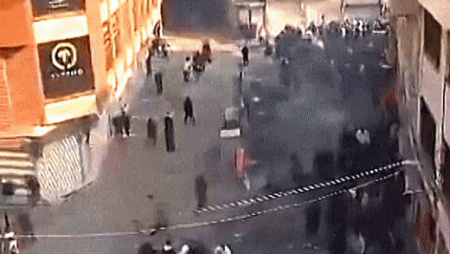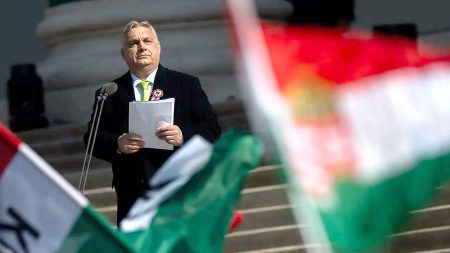The sudden collapse of Bashar al-Assad’s regime in Syria has triggered a swift and decisive response from the Israel Defense Forces (IDF), raising concerns about regional stability and the potential for escalating conflict. The IDF deployed paratroopers and armored tanks to the Golan Heights, a strategic buffer zone between Israel and Syria, to preemptively address potential threats emanating from the newly destabilized nation. This deployment reflects Israel’s long-standing security concerns regarding the Syrian civil war and its aftermath, particularly the risk of advanced weaponry falling into the hands of extremist groups. The IDF’s move underscores the volatile nature of the situation and the potential for rapid escalation should the security situation deteriorate further.
Israel’s actions extend beyond troop deployments. Foreign Minister Gideon Saar confirmed Israeli airstrikes targeting suspected Syrian chemical weapons sites and other strategic assets, including long-range missiles. This proactive approach aims to prevent these weapons from being acquired by the Islamist rebels now controlling Syria, particularly Hayat Tahrir al-Sham, a group linked to both ISIS and al-Qaeda. The strikes highlight Israel’s determination to safeguard its national security interests amidst the chaos unfolding across its northern border. The concern stems from Assad’s past use of chemical weapons against his own citizens, a grim precedent that underscores the potential for further atrocities should such weapons fall into the wrong hands.
The fall of Assad, while welcomed by many international actors, presents a complex and multifaceted challenge. While his removal represents a potential turning point for the Syrian people, the ensuing power vacuum and the rise of Islamist groups create a new set of risks. Both Israeli Prime Minister Benjamin Netanyahu and U.S. President Joe Biden acknowledged the historic opportunity presented by Assad’s downfall while also expressing caution about the uncertain future. Netanyahu emphasized the collapse of the 1974 Separation of Forces Agreement between Israel and Syria, necessitating the IDF’s deployment to secure the border and prevent hostile forces from establishing a presence. Biden similarly acknowledged the risks and uncertainties accompanying this transition, highlighting the need for a cautious approach.
The complex interplay of regional powers adds another layer of complexity to the Syrian situation. Russia’s grant of asylum to Assad and his family signals Moscow’s continued involvement in the region and its potential influence over the unfolding events. The presence of various actors with conflicting interests, including Iran, further complicates the situation and raises concerns about the potential for proxy conflicts and escalating tensions. The international community faces the challenge of navigating these complexities while working towards a stable and peaceful resolution to the Syrian crisis.
The rapid shift in the Syrian landscape has created a fluid and unpredictable environment. The IDF’s proactive measures reflect Israel’s commitment to maintaining its security in the face of evolving threats. The international community must grapple with the implications of Assad’s fall, including the rise of extremist groups and the potential for further regional instability. The situation demands careful consideration and coordinated action to prevent the Syrian crisis from spiraling into a wider conflict.
In the aftermath of Assad’s downfall, the focus shifts to the future of Syria and the broader region. The international community must work towards a solution that addresses the root causes of the conflict, promotes stability, and prevents the resurgence of extremist ideologies. The challenges are significant, but the opportunity to build a more peaceful and prosperous future for the Syrian people and the region must not be lost. The delicate balance between addressing immediate security concerns and pursuing long-term stability will require careful diplomacy, strategic planning, and a commitment to fostering a more inclusive and representative governance structure in Syria. The fall of Assad marks not an end, but the beginning of a new chapter in the Syrian saga, one fraught with both peril and potential.












